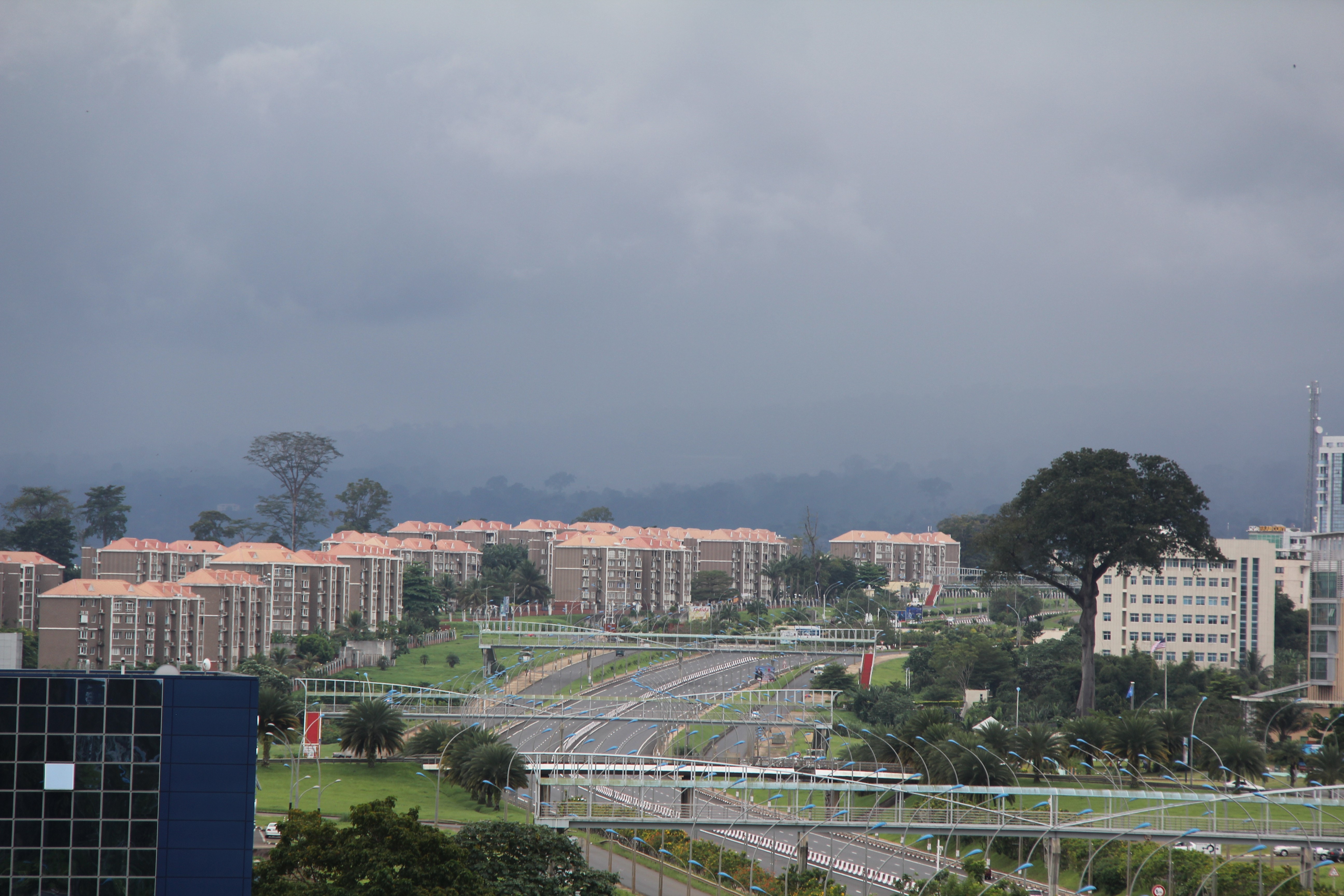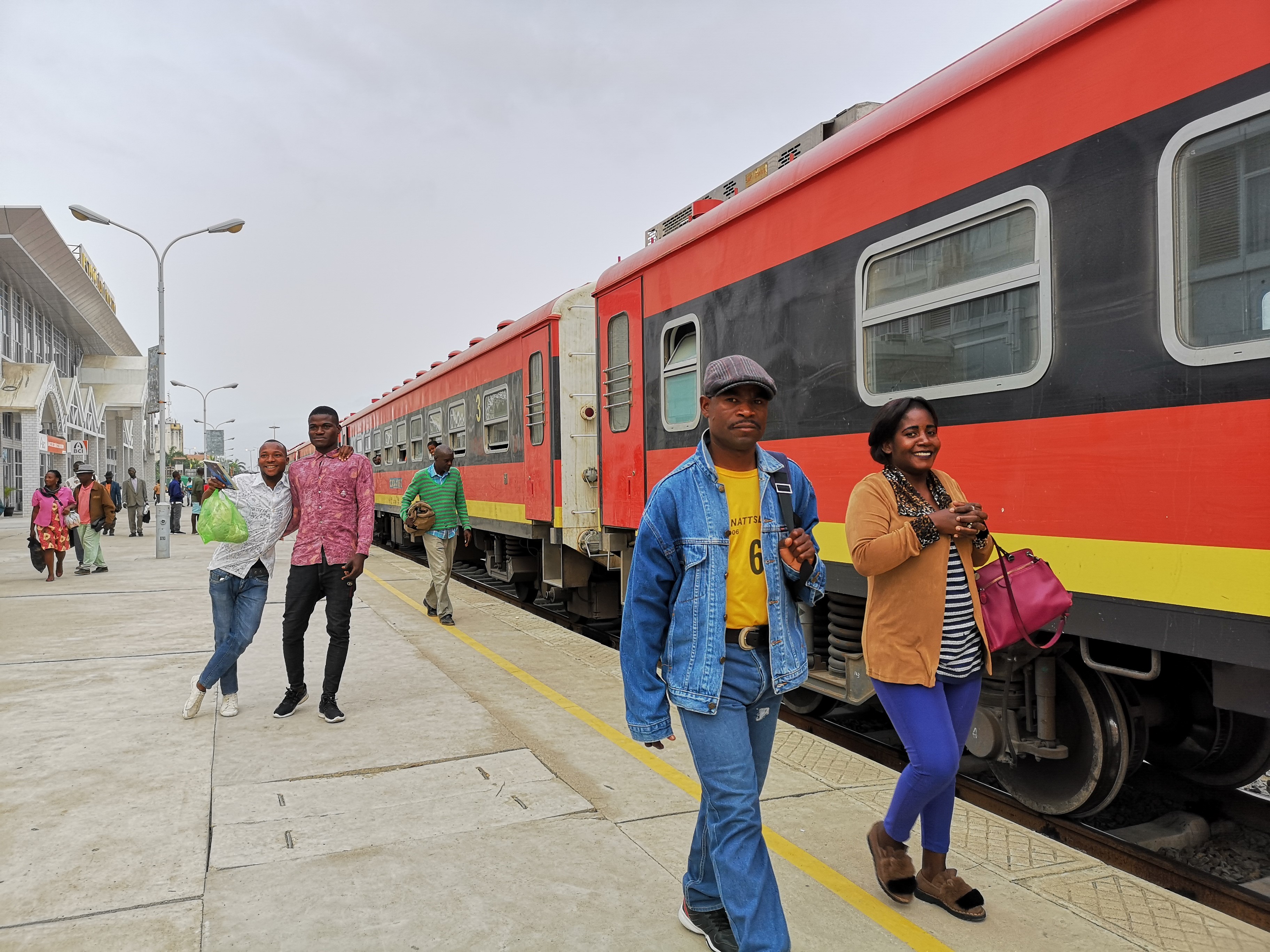
Residential buildings built by Chinese companies in Malabo, Equatorial Guinea. (Photo: Li Zhiwei)
Johannesburg (People’s Daily) - According to a new study by AidData, a development finance research lab based at the College of William & Mary, Chinese investments in “connective infrastructure” produce positive economic results that lead to a more equitable distribution of economic activity in the localities where they are based.
The research suggests that China's infrastructure projects may be better at reducing inequality in developing countries than many Western programs.
The AidData team identified more than 4,400 Chinese development projects in 138 countries completed between 2000 and 2014. The team compared nighttime satellite images which showed how Chinese connective infrastructure projects produced more light.
Bradley Parks, one of the study's authors and executive director of AidData, said that nighttime light is a good indicator of household income – more light means families in that area have more money.
The AidData team measured changes from 2000 to 2013 in the amount of light visible within a certain distance from the Chinese developments. They found that in the more recent images, light was concentrated not just in the immediate vicinity of the projects, but also had spread within the districts where they were located. This, they say, suggests that Chinese connective infrastructure is spreading economic growth across large regions.

The new railways built by Chinese company, Angola. (Photo: Li Zhiwei)
“We find that Chinese development projects in general, and Chinese transportation projects in particular, reduce economic inequality within and between subnational localities. Our results suggest that Chinese investments in ‘connective infrastructure’ produce positive economic spillovers that lead to a more equal distribution of economic activity in the localities where they are implemented,” said the AidData report.
“It is good that using the concentration of nighttime lights leads to the conclusion that Chinese-financed connective projects are distributing economic growth better than Western development programs. The findings help to explain why African policymakers now prefer working with China,” said Kenyan economist Mwangi Wachira.
According to Dr. Wachira, the link between poverty and connectivity is well established. The typical African policymaker is under constant pressure to reduce poverty fast. Any development partner who implements projects faster not only saves resources, but chips away at poverty.
“When Western analysts express skepticism about the goal, quality or benefits of China-backed infrastructure projects, African analysts have every reason to be suspicious. More often than not, Western skepticism is just sour grapes,” said Dr. Wachira.


